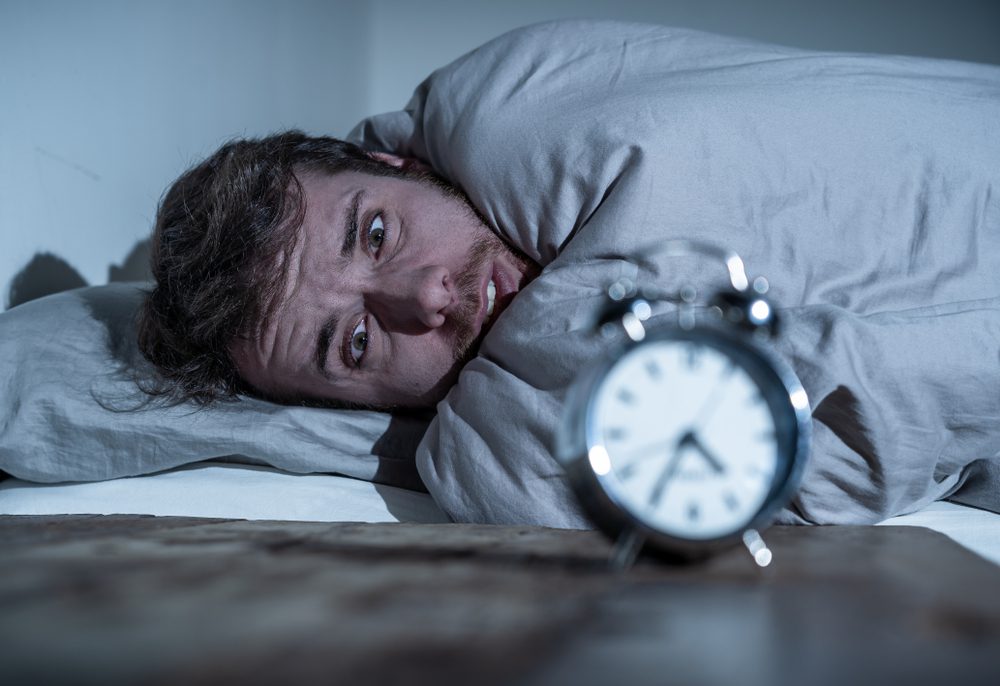Insufficient sleep can have detrimental effects on mental health, according to a recent study. The study found that insufficient sleep increases the risk of developing mood disorders such as depression and anxiety.
Sleep is essential for maintaining good mental health. During sleep, the brain performs crucial processes that are essential for cognitive, emotional, and behavioral functioning. When sleep is insufficient, these processes can be impaired, leading to mental health disorders and problems.
One of the main effects of insufficient sleep is an increased risk of mood disorders. A study conducted at Harvard University showed that people with sleep disorders are more susceptible to developing depressive symptoms. Sleep deprivation alters the levels of neurotransmitters in the brain, particularly serotonin, which plays a key role in regulating mood.
Additionally, lack of sleep affects our ability to handle stress. During sleep, the body reduces levels of the stress hormone cortisol. When sleep is insufficient, cortisol levels remain elevated, causing hypersensitivity to stress and a reduced ability to cope with it. This can lead to a negative cycle in which stress further increases sleep disturbance, making it difficult to handle daily challenges.
Furthermore, lack of sleep has cognitive and learning effects. Sleep is crucial for processing information acquired during the day, consolidating memory, and strengthening neural connections. When sleep is insufficient, these functions can be impaired, resulting in memory problems, difficulty concentrating, and reduced learning ability. A study conducted at the University of California showed that quality sleep improves our ability to think innovatively and find creative solutions to problems. Lack of sleep, on the other hand, reduces cognitive flexibility and limits problem-solving abilities.
Sleep also plays a crucial role in supporting the immune system. During sleep, our bodies release cytokines, proteins that help fight infection and inflammation. When sleep is insufficient, levels of these cytokines can decrease, making our immune systems more vulnerable. A study conducted at the University of Chicago showed that people with insufficient sleep are more susceptible to the common cold. Participants who slept less than seven hours a night were three times more likely to develop cold symptoms than those who slept eight hours or more.
To improve sleep quality and maintain mental health, it is important to adopt a good sleep routine. This includes maintaining a regular bedtime and waking up time, creating a comfortable sleeping environment, limiting caffeine and stimulating activities before bed, and practicing relaxation techniques like meditation or deep breathing.
Investing in sleep is an investment in mental health and overall well-being. Taking care of sleep needs can foster a clearer mind, better mood, and greater resilience in the face of daily challenges.
